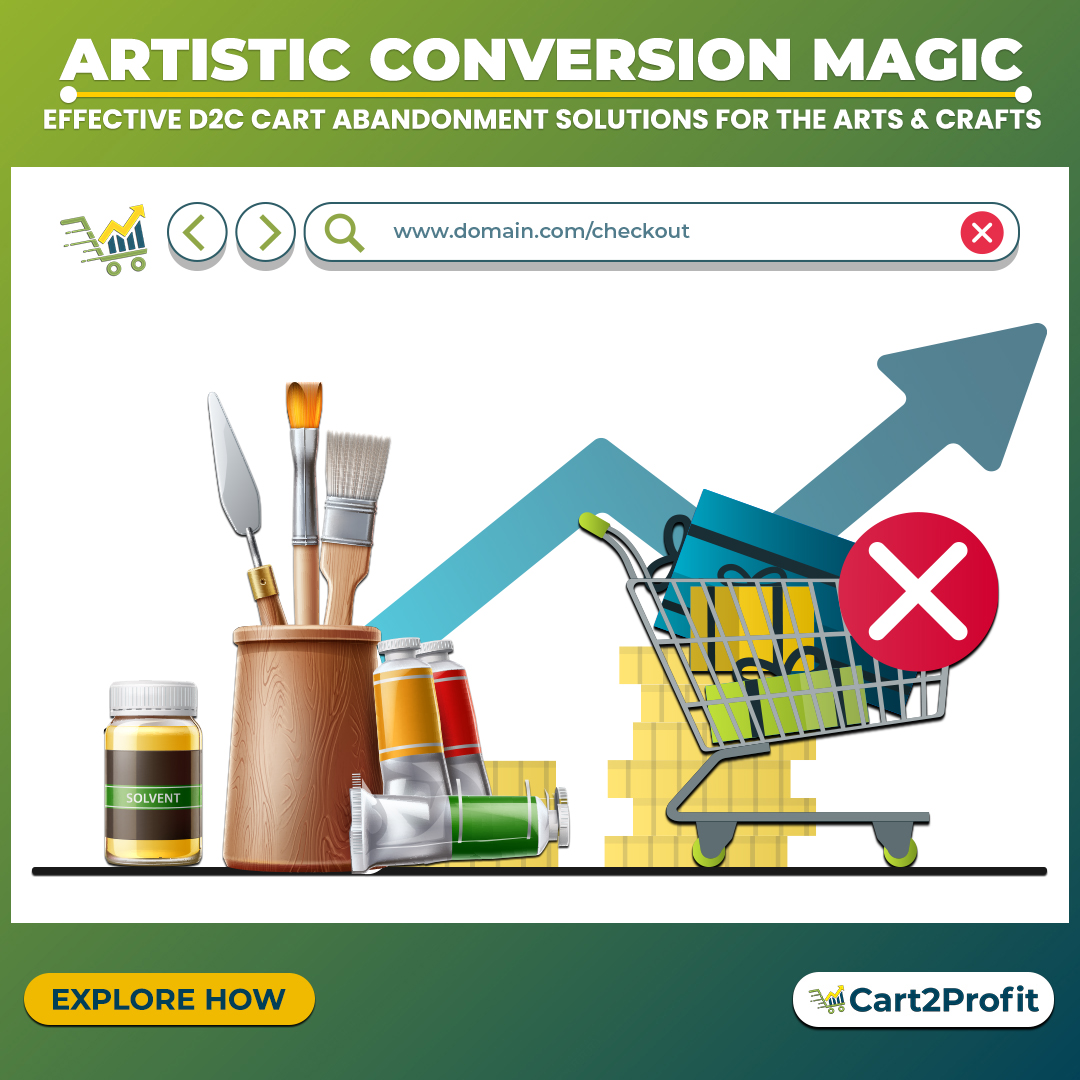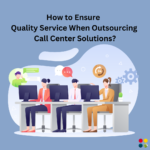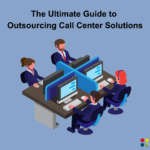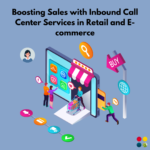Effective Solutions to Reduce Cart Abandonment
Offer competitive shipping rates or free shipping
Consumers give delivery costs a lot of consideration. Art and craft stores may provide affordable shipping charges or provide free delivery on orders that reach a particular threshold in order to make the overall transaction more enticing.
Simplify the checkout process
Get rid of unnecessary fields from the form, cut down on the number of checkout stages, and provide customers more options. Make the procedure quick, easy, and user-friendly to reduce friction. Also, encourage customers to complete their purchase.
Build trust and security
Be sure to visibly show trust indications on the website, such as payment gateway logos, SSL certificates, and customer testimonials. It’s important to properly communicate data privacy and security rules to clients. In order to earn their trust while releasing their personal information.
Provide detailed product information
Precise and detailed product information is essential in the arts and crafts industry. To assist clients choose products wisely for their creative endeavors. Moreover, you can include detailed descriptions, specifications, usage guidance, and premium photographs
Customize delivery options
Provide a variety of delivery options to aid different consumer preferences. These can offer expedited delivery for hurried orders, international shipping for customers throughout the world, or local pick-up options for customers. Flexibility is assured by giving customers the option to choose the delivery method that best suits their needs.
Utilize re-marketing campaigns
Motivate customers to check their shopping carts by sending them automated email reminders. Develop personalized and persuasive emails that advertise initiatives, deals. Also, one-time specials to urge customers to finish their transaction.
Optimize the mobile shopping experience
Since mobile devices are highly used for online shopping, it is important to enhance the mobile experience. A seamless purchasing and checkout experience should be available on all devices, and your website should launch swiftly.









